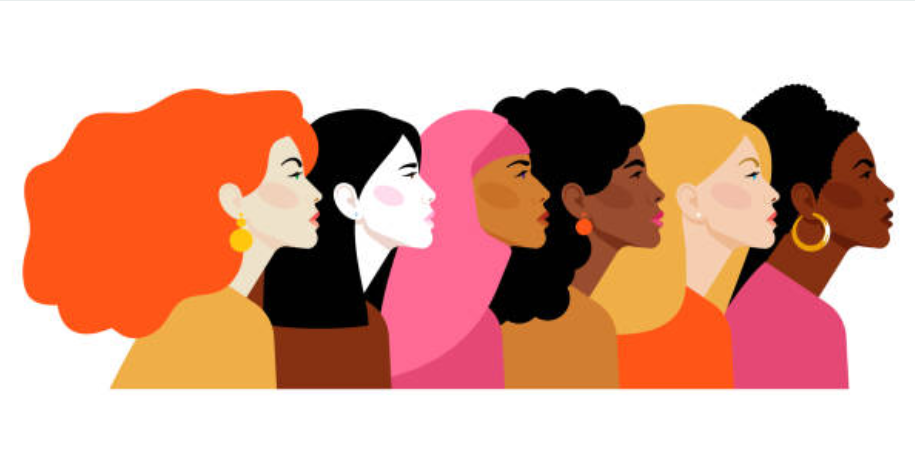Every year on March 8, International Women’s Day marks a global moment for individuals, organizations, and governments to coalesce around advancing gender equality.
And every year, I am simultaneously buoyed by the incredible work happening to make this a reality and buried by the realization that it often feels like we’re going two steps forward and one step back. 2020, a year that looms large in our collective rearview mirror, has only amplified this feeling. Last year was a difficult year for gender equality—and really everything, for that matter. Progress reversed in many ways—and to be frank, it’s been hard to remain optimistic when already poor conditions for women and girls continue to deteriorate.
But giving in to negativity around stalled or insufficient progress on gender equality is a dangerous game because it ignores the not-so-visible work that is central to building momentum in any movement. It’s easy to reduce successful moments in history to oversimplified anecdotes that make change seem easy—I’ve fallen prey to that many times. But if we look at any monumental gender equality achievement in history—we’ll find that those seemingly siloed successes were in fact built from persistent and patient work by those who persevered time and time again to dismantle society’s most significant hurdles.

And this refusal to give up on the work comes from the recognition that many of the foundations that uphold our societies have been poorly designed and consistently elevate some groups at the expense of others. Rebuilding a foundation when the house is already on top of it is difficult, but it’s a deeply important component of a robust, sustainable, and inclusive gender equality movement. That’s why, at Data2X, I’m excited about the work my team and I are doing to build a strong foundation of gender data to support broader global development.
However, as I reflect on the past year, and as many of us who work to effect policy change can attest to, I sometimes feel that change is never fast enough, bold enough, or inclusive enough. And as we work to solve some problems, we uncover new ones—providing the illusion that change isn’t happening at all. But absorbing this mentality isn’t productive, because immense progress on gender equality is happening—through our steady efforts to push systems to work better for us, not against us. We are collectively redesigning the foundation, something that isn’t always visible in flashy, exciting news headlines, but is a deeply critical component to any movement working for change.
And so, this International Women’s Day, I’m holding the temptation of despair at arm’s length and instead reminding myself of the power of our daily work and the small but mighty progress we enable so that we can rebuild systems in ways that are sturdy and inclusive for all.
At Data2X, our work amounts to larger efforts to strengthen gender-sensitive data systems, encourage policymakers and decisionmakers to prioritize gender data as a central tool for advancing sustainable development, and ultimately advance gender equality not as a distant notion but as a daily action—a verb that we do, not merely a noun that we say.
We take our role in advancing gender equality seriously by building the case and mobilizing action for gender data and strengthening gender data production and use. And while any policy work can feel slow-going, I’m reminded of the positive changes we have seen in the past few years, and the strong foundation we’re helping to build. And that renews my inspiration.
This year, International Women’s Day feels like an especially important marker for re-energization. I’m aware of the hurdles in front of us, but I’m choosing to see them as a test to become more creative, smarter, and more efficient in our work. More importantly, I’m looking to leaders to act on removing these hurdles, so that gender equality becomes not only attainable but resilient and reflective of all gender identities and expressions. I believe that this movement can continue to break through barriers to achieve progress—held up, of course, by the critical foundational work we all do every single day.
